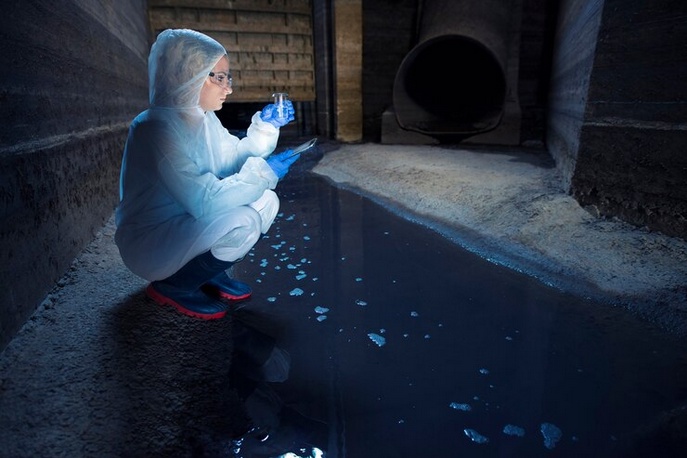Introduction
Sewer tank cleaning is a crucial yet often overlooked aspect of urban sanitation infrastructure. Beneath our streets, a network of sewer tanks collects and stores wastewater, protecting public health and the environment. However, maintaining these tanks requires specialized knowledge, equipment, and dedication. In this article, we explore the vital role of tank cleaning sewers and shed light on the unsung heroes who undertake this essential task.
The Importance of Sewer Tank Cleaning
Sewer tanks serve as crucial components of wastewater management systems, collecting and temporarily storing sewage before it undergoes treatment. Over time, these tanks can accumulate sludge, solids, and other debris, reducing their capacity and compromising their efficiency. Without regular cleaning and maintenance, sewer tanks can become breeding grounds for bacteria, emit foul odors, and pose serious health risks to surrounding communities.
By regularly cleaning sewer tanks, these risks are mitigated, and the functionality of wastewater treatment systems is preserved. Furthermore, proper maintenance ensures the longevity of sewer infrastructure, reducing the need for costly repairs and replacements in the long run.
The Challenges of Sewer Tank Cleaning
Cleaning sewer tanks is not for the faint of heart. It requires specialized equipment, protective gear, and adherence to strict safety protocols. Sewer tank cleaners often face hazardous working conditions, including exposure to toxic gases, confined spaces, and physical hazards. Despite these challenges, they are dedicated to ensuring the cleanliness and functionality of sewer systems for the benefit of society.
Moreover, sewer tank cleaning operations must navigate regulatory requirements and environmental considerations. Disposing of wastewater and sludge removed from tanks in an environmentally responsible manner is essential to prevent pollution and protect ecosystems. Innovative approaches, such as recycling wastewater and converting sludge into biofuel or fertilizer, are being explored to address these challenges sustainably.
Protecting Public Health and the Environment
Clean sewer tanks are essential for protecting public health and the environment. Accumulated sludge and debris can harbor harmful bacteria, viruses, and pathogens, posing risks of waterborne illnesses and contamination. By removing these contaminants through regular cleaning, sewer tank cleaners help to safeguard public health and prevent the spread of diseases.
Furthermore, proper sewer tank maintenance is crucial for environmental protection. Leaks or overflows from poorly maintained tanks can result in the release of untreated sewage into waterways, polluting rivers, lakes, and oceans. This not only harms aquatic ecosystems but also threatens human health and undermines efforts to achieve clean water goals.
The Unsung Heroes of Sewer Tank Cleaning
Behind the scenes, there are dedicated individuals who work tirelessly to keep our sewer systems clean and functional. These unsung heroes, often operating in challenging conditions and with little recognition, play a critical role in maintaining public health and environmental quality. Armed with specialized equipment and expertise, they undertake the dirty work that ensures the smooth operation of urban sanitation infrastructure.
Despite the inherent risks and challenges, sewer tank cleaners approach their work with professionalism, diligence, and a sense of duty. Their efforts often go unnoticed by the general public, but their contributions are indispensable to the well-being of communities.
Conclusion
Sewer tank cleaning may not be glamorous, but it is undeniably essential for the health, safety, and well-being of society. The unsung heroes who undertake this vital task deserve our recognition and appreciation for their dedication, bravery, and commitment to public service.
As we reflect on the importance of sewer tank cleaning, it's crucial to support efforts to improve safety standards, invest in training and education, and promote sustainable practices within the industry. By valuing the work of sewer tank cleaners and prioritizing the maintenance of sewer infrastructure, we can ensure that our communities remain healthy, safe, and resilient for generations to come.


No comments yet